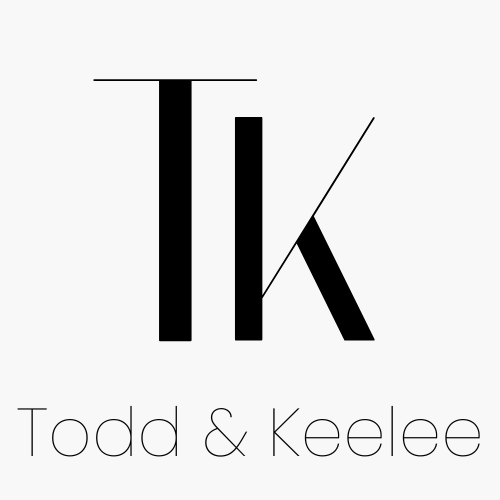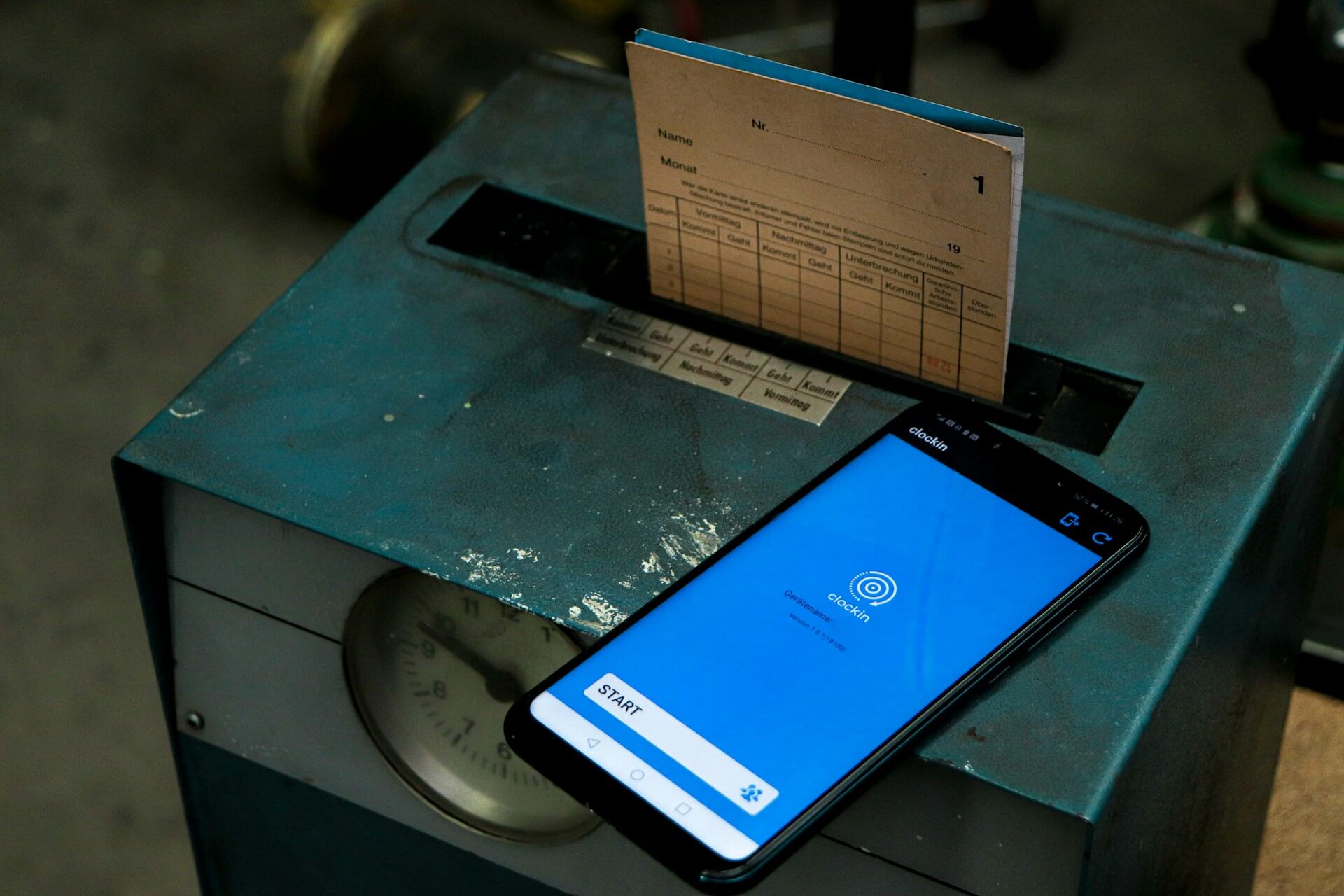Self-reflection is a powerful tool for personal development, offering the opportunity to better understand yourself, your goals, and your potential.
It is often overlooked in today’s busy society, yet it has the potential to significantly enhance awareness and mindfulness, leading to personal and professional growth.
This blog will explore the benefits of self-reflection and provide actionable steps to make it a part of your daily routine. By the end, you’ll learn more about how self-reflection can positively impact your life and help you achieve your goals.
What is Self-Reflection?
Self-reflection is the process of examining your thoughts, emotions, and behaviors to gain deeper awareness of yourself. It often involves asking introspective questions such as, “Why do I feel this way?” “What motivates me?,” or “How could I handle situations differently?” By systematically analyzing your experiences, you gain key insights that can help you grow and adapt.
Why Is Awareness Important?
Awareness is the foundation of mindfulness and growth. When you reflect on your actions, you become more aware of both your strengths and areas for improvement. This awareness enables better decision-making, resulting in both personal and professional benefits.
The Science Behind Self-Reflection
Research suggests that self-reflection strengthens neural pathways associated with emotional regulation, decision-making, and overall well-being. For instance, studies by The Greater Good Science Center at UC Berkeley show that mindful self-reflection fosters resilience, reduces stress, and boosts emotional intelligence.
The Benefits of Self-Reflection
The act of self-reflection doesn’t just build awareness—it offers tangible benefits that touch every aspect of your life. Here are some of the most significant ways it can impact you:
- Improved Decision-Making: Regular self-reflection helps you assess past decisions, identify successes or mistakes, and make more informed choices moving forward.
- Enhanced Emotional Intelligence: Understanding your feelings and reactions improves your ability to empathize with others, strengthening personal and professional relationships.
- Reduced Stress: Pausing to reflect helps you identify stressors in your life and develop strategies to mitigate them.
- Clearer Goals: Self-reflection clarifies your objectives and ensures they align with your values and priorities.
- Greater Sense of Purpose: Evaluating your actions fosters a sense of direction and meaning, helping you stay motivated.
How to Practice Self-Reflection Effectively
Integrating self-reflection into your life doesn’t have to be intimidating. By following these practical steps, you can turn reflection into a habit that supports mindfulness and growth.
1. Schedule Time for Reflection
Carve out dedicated time each day or week for self-reflection. Whether it’s 10 minutes in the morning or half an hour on a Sunday evening, consistency is key. Treat this time as sacred—a moment to focus entirely on yourself without distractions.
2. Use Journaling as a Tool
Writing down your thoughts is one of the most effective ways to reflect. Journaling creates a record of your emotions and experiences, allowing you to spot patterns or recurring themes. You can also use prompts like:
- What went well today, and why?
- What challenges did I face, and how did I handle them?
- What’s one thing I learned about myself this week?
3. Practice Mindfulness Meditation
Mindfulness meditation encourages you to focus on the present moment, making it easier to connect with your thoughts and feelings. Spend a few minutes each day sitting quietly, observing your breathing, and noting your thoughts without judgment.
4. Seek Feedback from Others
Sometimes, an outside perspective can help you reflect more deeply. Ask a trusted mentor, colleague, or friend for constructive feedback, and consider how their insights align with your self-assessment.
5. Reflect on Both Successes and Failures
While it’s tempting to focus on mistakes, reflecting on your achievements is equally important. Celebrate your successes, analyze what led to them, and use that knowledge to replicate positive outcomes in the future.
6. Set Goals for Growth
Self-reflection is ultimately about growth. Use the insights you gain to set actionable goals for improvement. These might include developing new habits, addressing weaknesses, or building on your strengths.
Overcoming Barriers to Self-Reflection
Despite its many benefits, self-reflection can be challenging. Some common obstacles include:
- Time Constraints: Busy schedules often make it difficult to find time to reflect. Start small by dedicating just five minutes a day.
- Fear of Criticism: Self-reflection requires honesty, which can be uncomfortable. Approach it with self-compassion, understanding that the goal is growth, not perfection.
- Lack of Clarity: If you’re unsure where to start, structured tools like guided journals or prompts can provide a helpful framework.
How Self-Reflection Fuels Professional Growth
Beyond personal benefits, self-reflection can have a significant impact on your professional life:
- Boosting Productivity: Understanding your work habits helps you identify inefficiencies and optimize your workflow.
- Strengthening Leadership Skills: Reflecting on your interactions fosters better communication and team-building.
- Driving Career Development: Clarity about your strengths and goals enables you to make strategic career choices.
Case Study:
Take Sarah, a marketing professional who began journaling her daily accomplishments and challenges. Over time, she noticed a pattern of avoiding tasks that required advanced analytics skills. By reflecting on this trend, she identified a gap in her expertise, enrolled in a relevant course, and ultimately secured a promotion within her company.
Building a Lifelong Habit of Self-reflection
Self-reflection is not a one-time activity—it’s a lifelong practice that evolves. To make it sustainable:
- Stay Consistent: Set reminders to reflect regularly and make it part of your routine.
- Be Patient: Growth takes time, so don’t rush the process.
- Celebrate Progress: Acknowledge the positive changes self-reflection brings to your life.
Harnessing Self-Reflection for a Better Tomorrow
By dedicating time to self-reflection, you empower yourself to make thoughtful choices, deepen your relationships, and grow both personally and professionally. The path to mindfulness and growth begins with a single step—so why not start today?
If you’re ready to learn more about creating a habit of self-reflection, explore our recommended journals, guided meditations, and courses designed to support your growth.
Take the first step toward becoming the best version of yourself.





